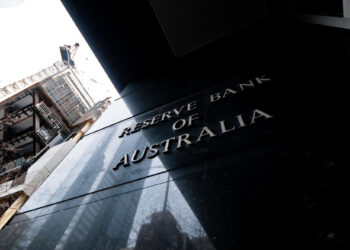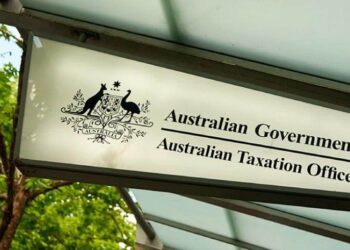The vast majority of institutional investors expect a recession in 2023 and are planning their portfolios accordingly, a global survey found.
According to the Natixis Investment Managers’ Institutional Investor Survey, 85% believe they are or will be in recession next year while over half (54%) believe it is necessary to get inflation under control.
Stagflation, or negative GDP growth with growing unemployment, remained another major worry.
The survey of 500 institutional investors in 29 countries found they were bullish on private assets and private equity with a noticeable uptick in green bonds where half of respondents were planning to increase their allocations.
Within equities, investors said they were most likely to increase allocations to US stocks (41%) followed by Asia-Pacific (33%) and emerging markets (33%) stocks.
“This report highlights there are investment opportunities to be had across most asset classes, with active managers, fixed interest, green bonds and private markets regarded as particularly favourable by expert investors,” said Louise Watson, country head for Australia and New Zealand, Natixis Investment Managers.
“However, in a period of ongoing market disruption, diversification and risk management are important and Australian investors who can build resilient investment portfolios that provide these attributes will be best placed to navigate the changing investment conditions.”
The biggest global economic threats identified were war, deteriorating US-China relations, and China’s geopolitical ambitions, along with interest rates and inflation are portfolio risk concerns.
Just over half (53%) projected a safe landing in terms of the outcome of policy on economic performance compared to 47% who expected a crash landing.
Most investors expected outperformance in energy and healthcare and large-cap stocks. Amid rising interest rates and declining house prices, institutional investors believed real estate (47%) and consumer discretionary (42%) were most likely to underperform.




